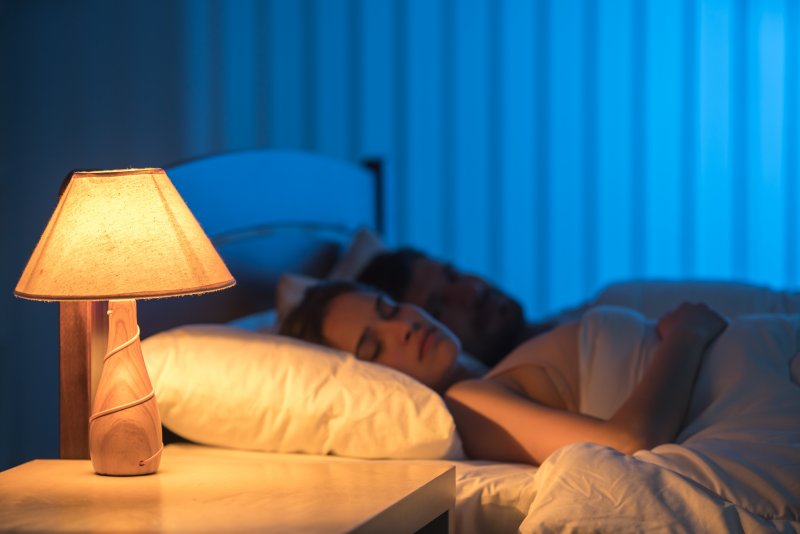
Light House Denver – Sleeping with lights on is a habit often considered trivial, yet it can significantly affect physical and mental health. How we sleep, including this particular habit, plays a crucial role in determining the quality of our sleep. Although it may seem harmless, sleeping with lights on has numerous negative effects on health. Here is a detailed overview of the adverse impacts of this habit.
Melatonin is a hormone that helps regulate the sleep-wake cycle. This hormone is naturally produced by the body at night, particularly in darkness. Exposure to light while sleeping, including from lamps, can inhibit melatonin production. As a result, the body struggles to enter the deep sleep phase, which is essential for recovery and regeneration.
“Read More: Diabetes and the 3 Nighttime Symptoms That Disrupt Sleep”
Studies show that sleeping with lights on can contribute to an increased risk of obesity. Artificial light at night disrupts the body’s circadian rhythm, the internal clock that regulates metabolism. This imbalance can lead to irregular eating patterns, heightened appetite, and fat accumulation in the body.
Circadian rhythm disruptions caused by light exposure not only affect metabolism but also increase the risk of chronic diseases such as diabetes, high blood pressure, and heart disease. Light exposure while sleeping interferes with hormonal regulation and other bodily processes vital for long-term health.
Poor sleep quality due to sleeping with lights on can have a negative impact on mental health. Sleep deprivation or disrupted sleep is often linked to higher levels of stress, anxiety, and depression. Over time, this habit can harm your mood and daily productivity.
When sleep quality declines, the body does not get adequate rest to recover. This results in morning fatigue and a noticeable decrease in focus and concentration during daily activities.
“Continue Reading: Healthy Living Singapore, A Balanced Lifestyle for Mind and Body”